So, you’ve learned that the Sun is going to explode
It’s a scientific truth of the Universe, one that many people — children especially — have trouble coming to terms with. But it doesn’t have to be a tragedy.
“Through that last dark cloud is a dying star… And when it explodes, it will be reborn. You will bloom… and I will live.” –The Fountain
I want to start off by letting you all know that I, myself, do not have any children of my own. I have taught children, adolescents and adults for nearly a full generation now in varying capacities, and while each learner is different, there’s one science fact that universally seems to shatter each and every one of them.
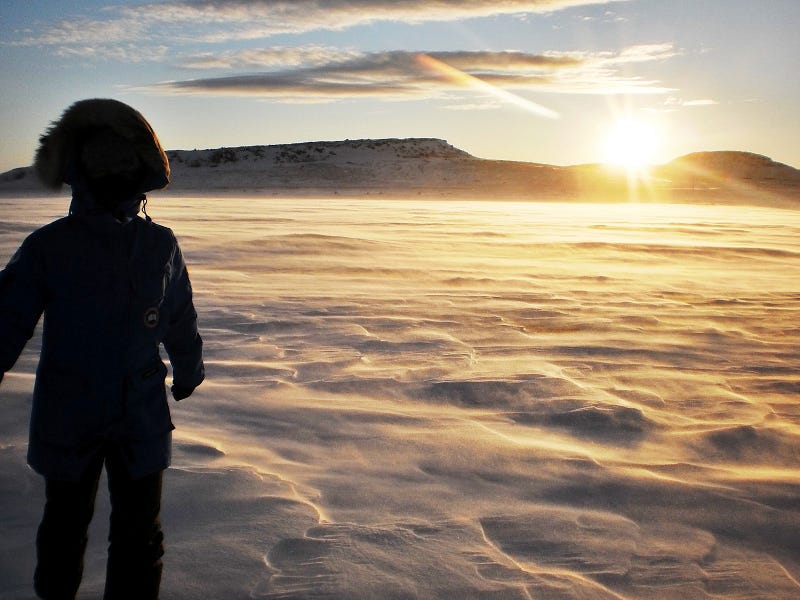
The fact that the Sun, our Sun, the bringer of warmth, light, energy, and the sustaining force of all life on this planet, isn’t going to shine forever. Quite to the contrary, someday, the Sun will die in a fiery, catastrophic explosion, one which will quite possibly obliterate our entire planet, and then eventually cease to shine at all.
It’s an integral part of the stellar story of us — the fact that all stars eventually die — but the fact that it’s our Sun we’re talking about makes it that much sadder to think about.
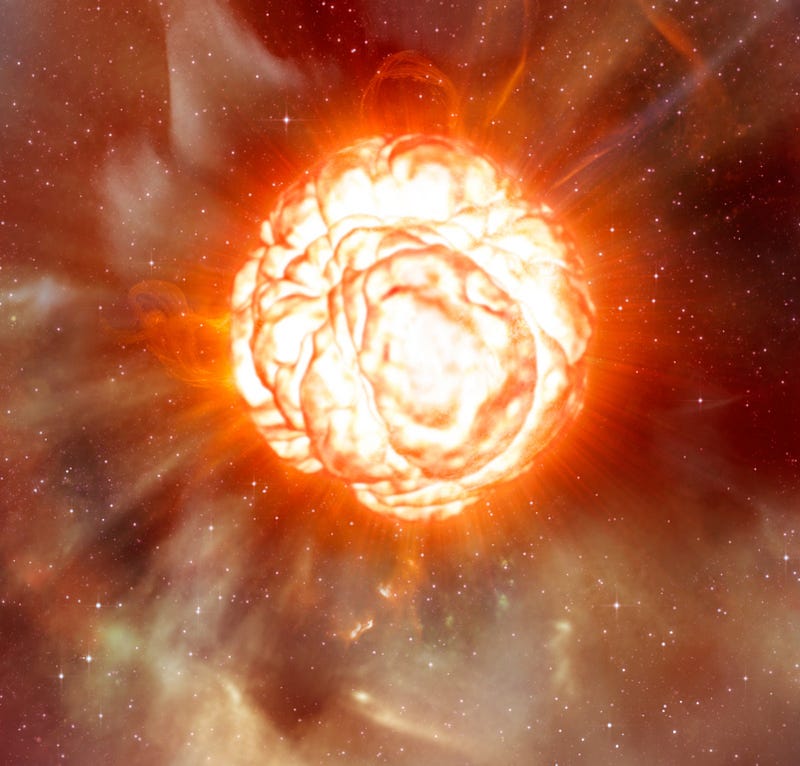
Being faced with not only our own mortality, but the demise of literally everything we’ve ever encountered throughout the entire history of our world is a philosophical and existential challenge for even well-adjusted adults. But I was a bit taken aback when I received this question from one of my most loyal readers:
I need a good explanation for a third grader, whose Mom tells me is deeply concerned, that the sun will blow up.
I sympathize with parents in this position, because on the one hand, you want to tell the truth to your children. You want to expose them to our most accurate understanding of reality, to have them learn and appreciate knowledge, science, and using their minds.
But you not only want to do that with kindness, compassion, and optimism, you also don’t want your kid having night terrors and years of therapy because you told them the gory details of, literally, the end of the world.
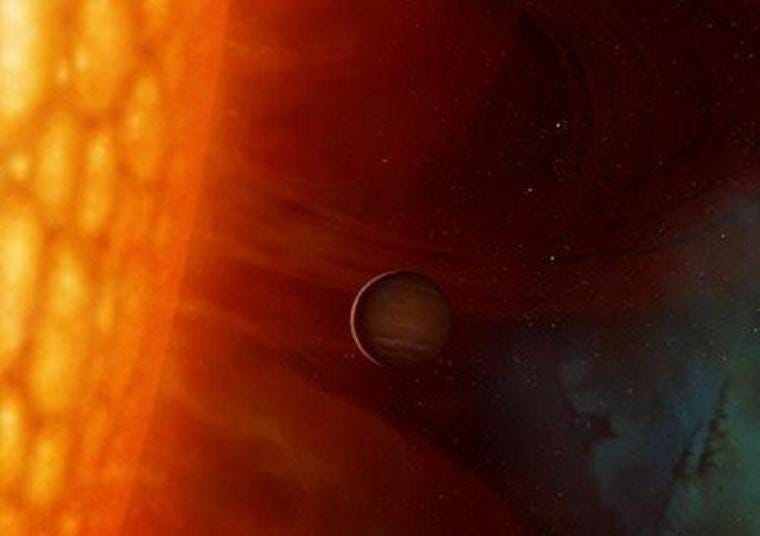
There is, perhaps, a wrong way to go about this. As the comedian Louis C.K. once said after his attempt to his (then) 7-year-old daughter,
She started crying immediately, crying bitter tears for the death of all humanity… and now she knows all of those things: she’s gonna die, everybody she knows is gonna die, they’re gonna be dead for a very long time, and then the sun’s gonna explode.
She learned that all in 12 seconds, at the age of seven.
That’s one approach, but maybe not the one I would choose if I were going to put some thought into it. You see, there’s a remarkable story to be told, and if I were in elementary school, it just might be the most wonderful thing I had ever heard at that point in my life. Here’s what I would tell a child, with the twin goals in mind of being as accurate while simultaneously being as compassionate as possible.
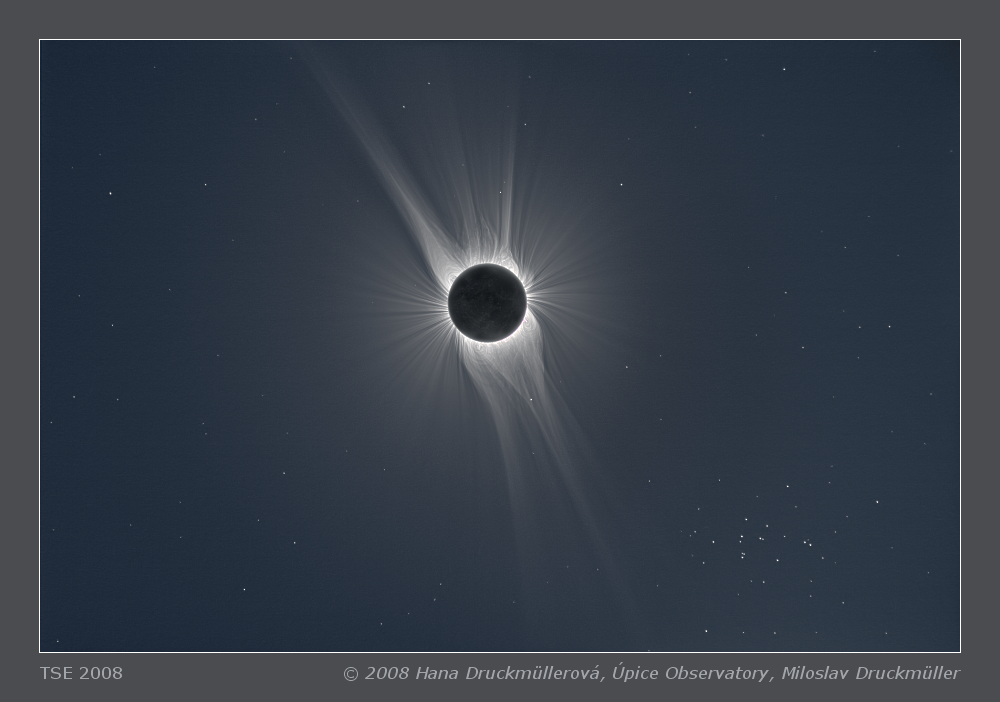
The Sun that you know, the brightest thing in the sky, is not very different than any other star in the sky. Even during the day, there are thousands of stars in the sky. You’d be able to see them, too, except that our star, the Sun, is so close to us that its brightness makes all the other stars invisible, except under the dark of night.

These stars, each and every one of them, live much, much longer than anything on Earth has ever lived. While healthy humans can live for maybe a hundred years and some plants and animals can live for thousands of years, the stars all live, burning brightly, for millions, billions, or even trillions of years.
That’s a very, very long time! But it isn’t forever, and believe it or not, we’re lucky that it isn’t forever.

Because if the stars never died, if they never exploded, and if they never blew up, we wouldn’t have been able to be here, talking to each other, right now.
And I’m so glad that we are, because today you get to learn one of the most amazing secrets about life, and I get to teach it to you.
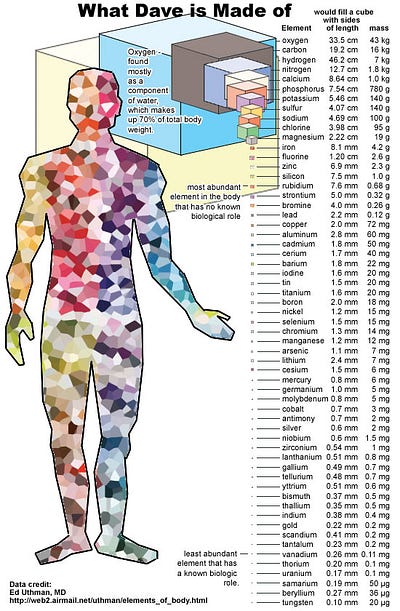
The secret is that practically everything that makes up you, me, and the entire planet — the tiniest parts of everything we’ve ever known — they were all made inside a star. The iron in your blood, the calcium in your teeth, the nitrogen in your muscles and the oxygen in your lungs all were made in the insides of stars long ago.
But those are all little things that needed to come together, and it’s too hot to make something like you and me inside a star. In order to make the Earth, and you, and me, all the good things that the stars make need to get out, so they can make something new. And how does that happen?
http://www.youtube.com/watch?v=eE8QkBlyf5k
They have to explode. Some stars explode quickly and all-at-once, while others explode gently, like we think our Sun will, many billions of years from now.
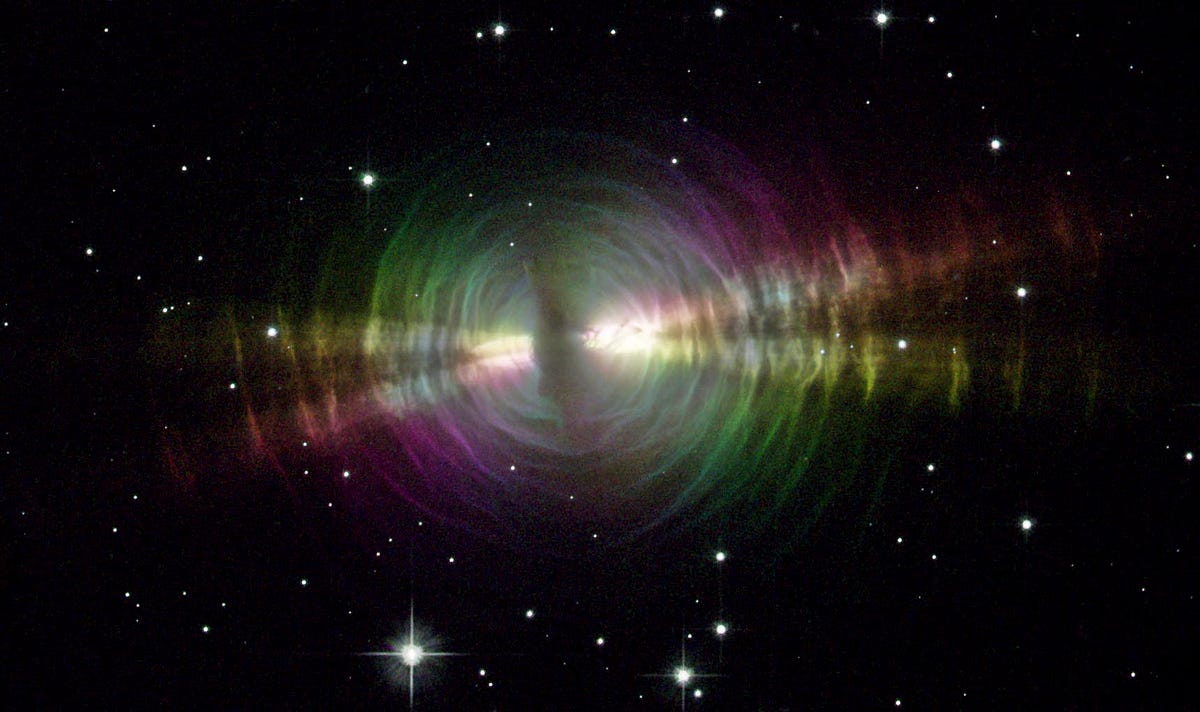
And the insides of those stars, full of the things that it made while it was shining so bright, you know what they do?
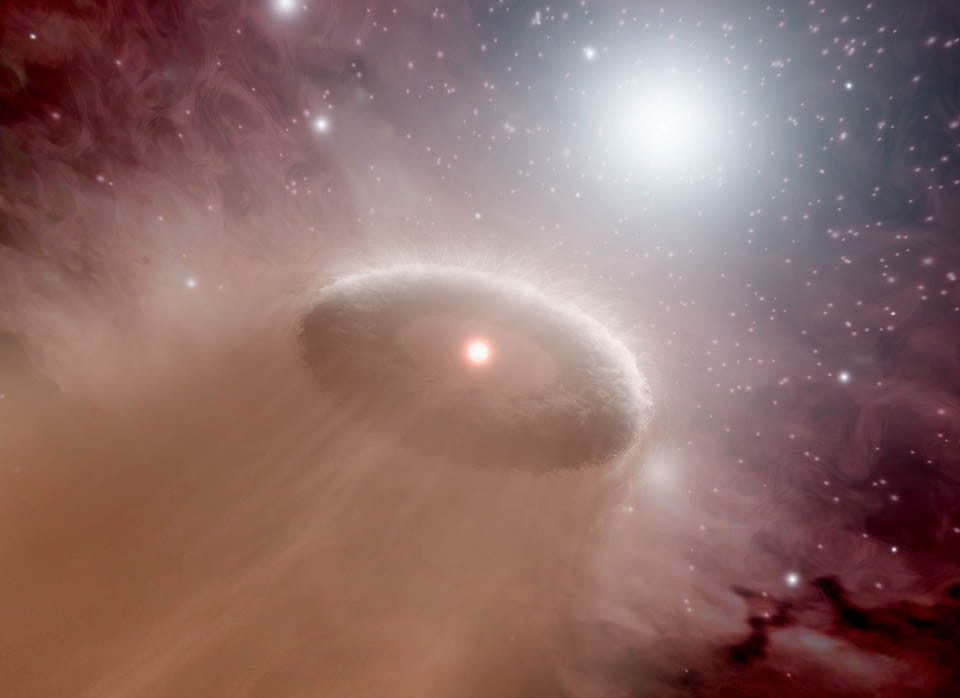
The old insides from those stars help make new stars, like our Sun, and also planets, like Earth, and — because we’re very lucky — a little bit of those insides make us up, too.
The stars of the past had to die so that you could be here, and someday, a long time from now, our Sun will return the favor, and help make more new stars, new planets, new worlds, and new chances for life.
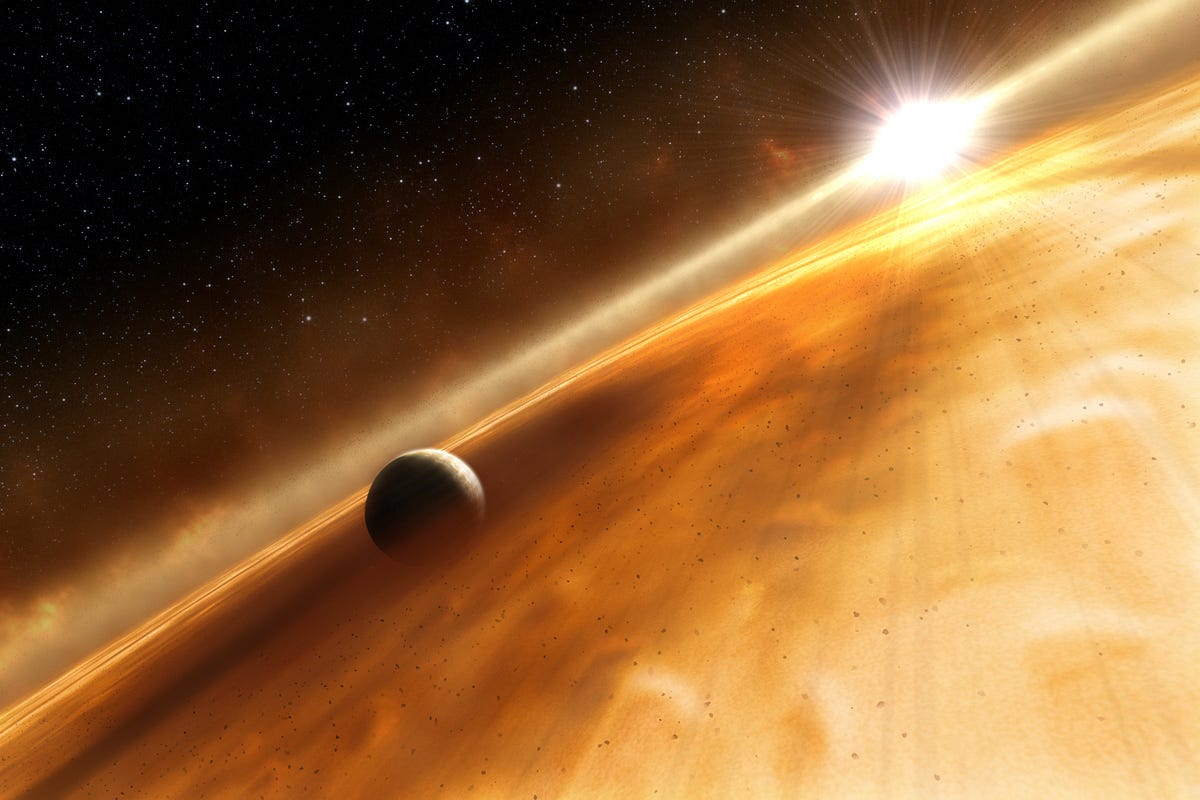
So yes, it’s true that the Sun will explode someday. But when it does, that’s the greatest gift any star can ever hope to give to the Universe. It would be too greedy to keep that all for ourselves.
After all, it took billions of stars giving that gift already in order to make you. And you know what?
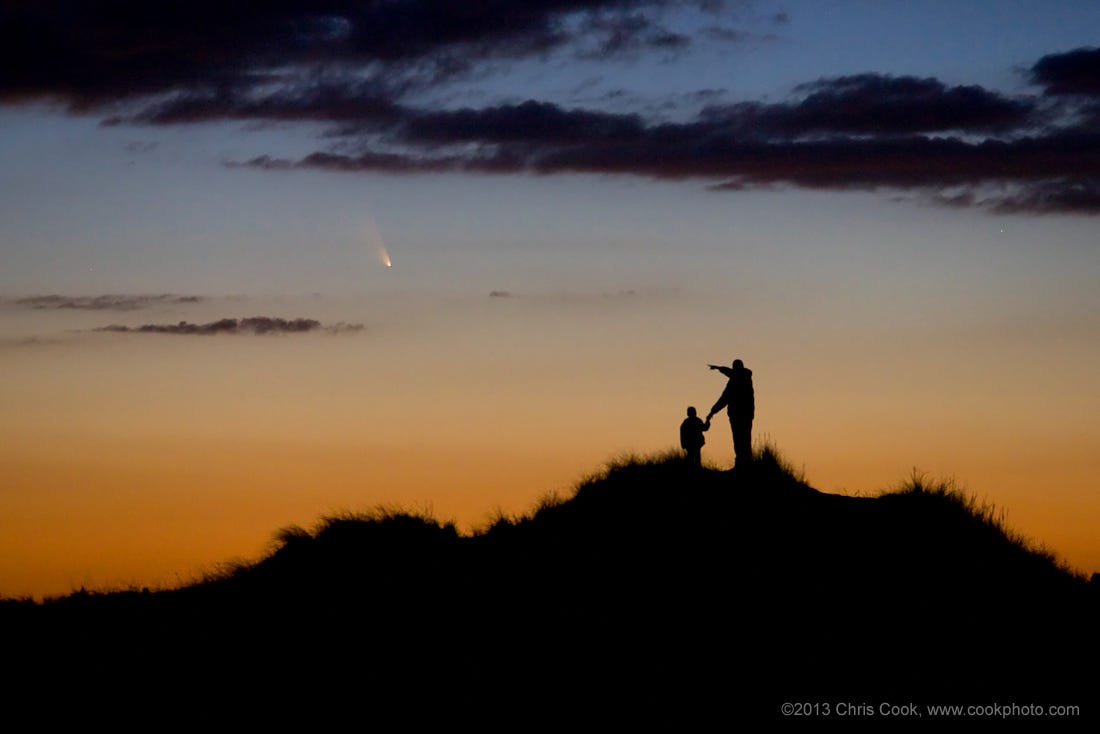
It was worth it.
An earlier version of this post originally appeared on the old Starts With A Bang blog at Scienceblogs.





